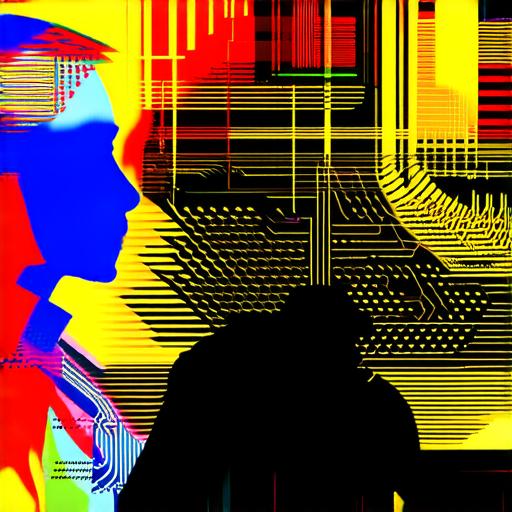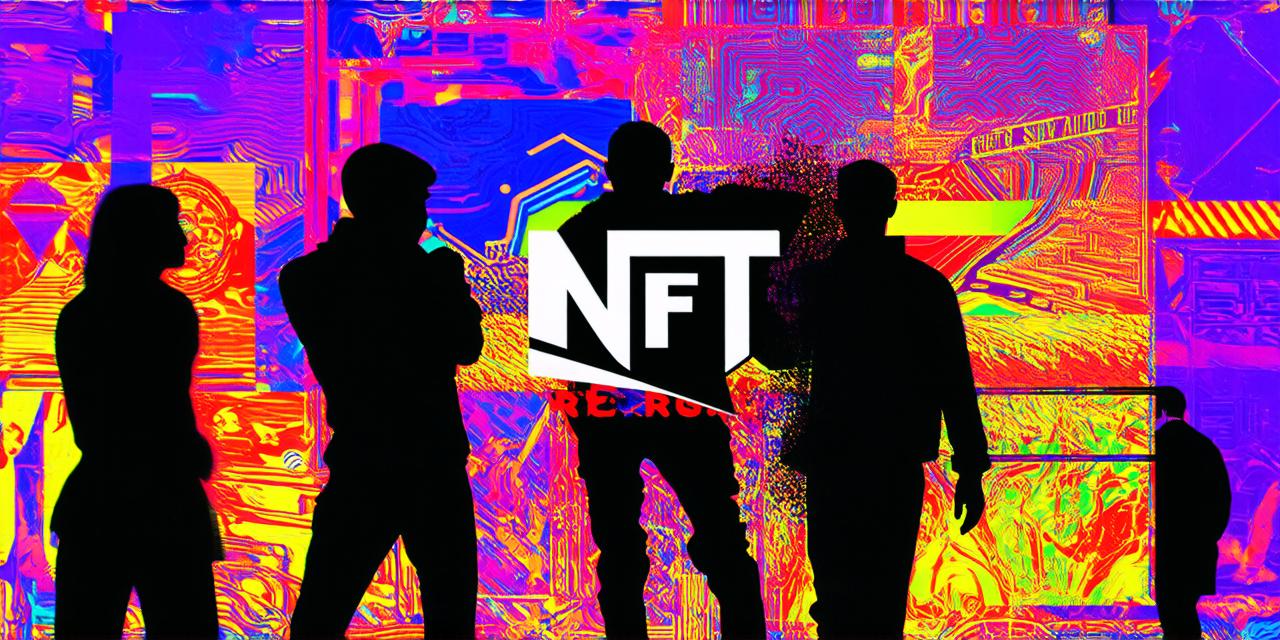NFTs and Intellectual Property Rights
One of the most significant disputes surrounding NFTs is the question of intellectual property (IP) rights. While NFTs can be used to tokenize unique digital assets, they do not automatically grant their creators exclusive IP rights. In fact, many artists and content creators have raised concerns about the lack of clear legal frameworks for protecting their work when sold as NFTs.
Another issue related to IP rights is the question of ownership and control. When someone buys an NFT, they typically gain ownership of the underlying asset, but not necessarily full control over it. For instance, if an NFT represents a piece of art, the owner may have the right to use or display the art, but they may not have the right to make copies of it or sell it to others.
NFTs and Value Creation
Another issue with NFTs is the question of value creation. While NFTs can be used to represent unique digital assets, there is no guarantee that they will hold their value over time. In fact, many NFTs have been created solely for speculative purposes, with the expectation that their value will increase in the future. However, this has not always been the case, and many NFTs have lost significant value or become completely worthless.

Moreover, the value of an NFT is not solely determined by its rarity or uniqueness. It is also influenced by factors such as market demand, the reputation of the creator, and the overall popularity of the asset being represented. This has led to some NFTs being overvalued or undervalued based on their perceived worth rather than their actual value.
NFTs and Environmental Impact
Another issue with NFTs is their environmental impact. The process of creating and verifying an NFT transaction requires significant computational power, which can be energy-intensive. This has led to concerns about the carbon footprint of the NFT industry and its potential negative impact on the environment. In fact, some experts have estimated that the creation of a single NFT can consume as much energy as a household uses in an entire year.
NFTs and Accessibility
Finally, there are concerns about the accessibility of NFTs. While NFTs can be used to represent unique digital assets, they require significant technical knowledge and resources to create, buy, and sell them. This has led some critics to argue that the NFT market is exclusionary and only accessible to those with deep pockets or specialized expertise.
However, there are also efforts being made to make NFTs more accessible to a wider audience. For instance, some platforms allow users to create and sell their own NFTs without requiring significant technical expertise, while others offer educational resources and tutorials to help people get started.
FAQs
* What are NFTs?
NFTs are digital assets that are unique, cannot be replicated or exchanged for other items of equal value, and can be bought, sold, and traded on blockchain platforms.
* Who owns the IP rights when an NFT is sold?
The ownership of IP rights when an NFT is sold depends on the terms of the sale agreement and may not necessarily grant exclusive legal frameworks for protecting the work.
* Can NFTs hold their value over time?
There is no guarantee that NFTs will hold their value over time, and many have been created solely for speculative purposes.
* What is the environmental impact of creating an NFT?
The creation of a single NFT can consume as much energy as a household uses in an entire year due to the significant computational power required for verification and creation.
* Are NFTs accessible to everyone, or just those with specialized expertise?
While some NFTs require significant technical knowledge and resources to create, buy, and sell them, there are also efforts being made to make NFTs more accessible to a wider audience.
In conclusion, NFTs have gained widespread popularity due to their unique properties and potential use cases. However, they also come with various disputes and issues related to IP rights, value creation, environmental impact, and accessibility. As the NFT market continues to grow, it is crucial to address these challenges and ensure that NFTs are used ethically and sustainably.
